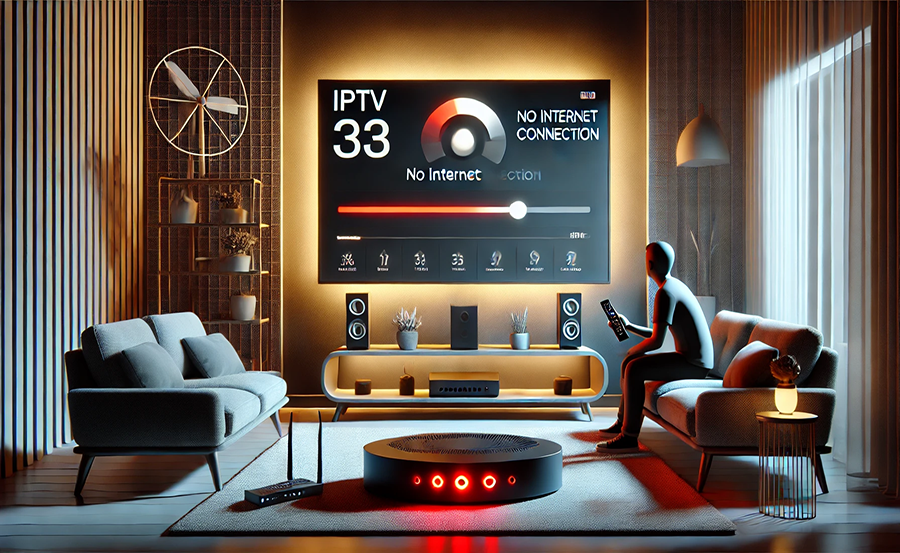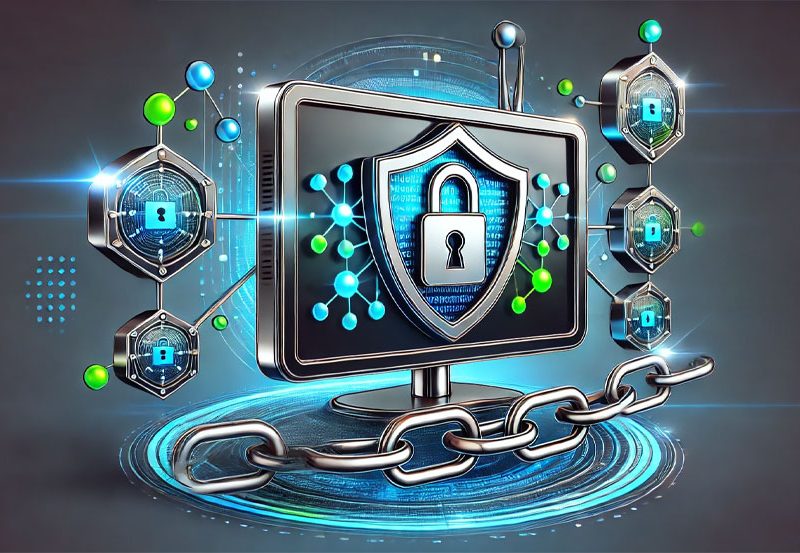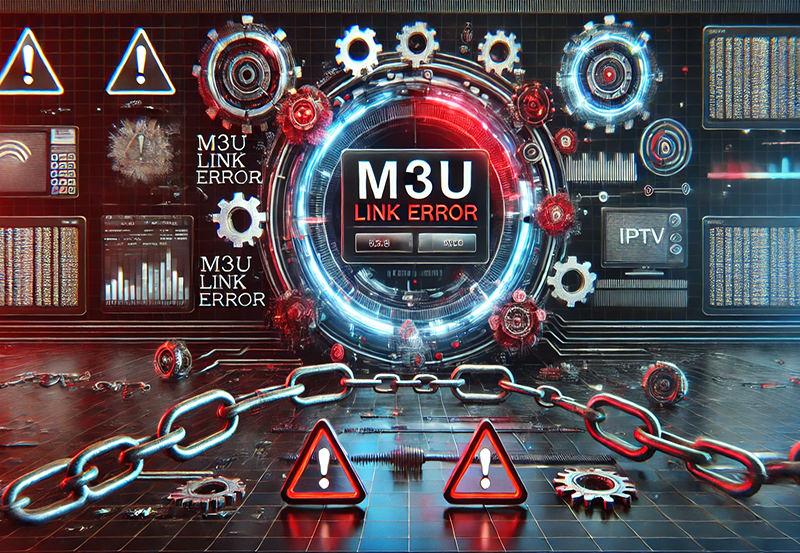IPTV, or Internet Protocol Television, is rapidly becoming the go-to choice for people who prefer streaming their favorite shows over traditional cable. However, constant disconnections can make the experience less enjoyable. If you’ve been experiencing disrupted streaming on your IPTV, you’re not alone. Let’s delve into the common causes and practical solutions to get your IPTV running smoothly.
Understanding IPTV: The Basics
Before we dive into solving the disconnect issues, it’s essential to understand what IPTV is. Unlike traditional TV that transmits signals through satellite or cable, IPTV streams media content via a managed or dedicated network, like the internet.
This technology allows viewers greater control over what they watch and when. It provides a higher degree of convenience but also relies heavily on a stable internet connection. Poor connectivity can lead to frequent interruptions, which is why experiencing seamless IPTV on Smart TV is a priority for many users today.
How IPTV Works
IPTV transmits television signals using a client-server architecture. This means users receive data from a centralized server as they access content on their devices. The systems are designed to efficiently deliver content in a way tailored to viewers’ preferences.
However, this reliance on an internet data pipeline means that if there’s any hiccup in internet service, your IPTV will likely take a hit. Understanding this is crucial when diagnosing why IPTV keeps disconnecting.
Devices Compatible with IPTV
IPTV can be accessed through various devices. Smart TVs, of course, stand as a popular choice, but options include:
- Set-top boxes
- Smartphones and tablets
- Gaming consoles
- Computers and laptops
Buy 1 Months IPTV and Enjoy Unlimited Content
The compatibility of IPTV with devices plays a significant role in determining the quality of your streaming experience. Ensuring your device supports IPTV properly can aid greatly in reducing disconnections.
Common Causes of IPTV Disconnections
Pinpointing why your IPTV disconnects is the first step towards a permanent solution. Let’s explore some prevalent reasons that might be causing this snag.
Internet Connectivity Issues
The most common culprit is unstable internet service. IPTV requires a consistent broadband connection to deliver uninterrupted content. If your connection dips frequently, chances are your IPTV will too.
Diagnosis is straightforward—run a speed test during IPTV disruptions. If you notice significant drops in bandwidth, consider upgrading your internet plan or consult your service provider for support.
Network Congestion
Another reason could be network congestion, especially during peak usage times. Other devices in your home consuming large amounts of bandwidth can slow speeds and cause IPTV disconnections.
Assess your network’s load. Turn off or disconnect idle devices to ensure your IPTV gets the bandwidth it needs.
Hardware Limitations
Yet another cause might be the performance capabilities of your hardware. Older devices might struggle to keep up with data demands required for streaming modern IPTV content.
Check your device’s specifications. If it’s not up to the task, consider upgrading to a more recent piece of hardware. Investing in compatible and updated technology can take IPTV to the next level of fun without interruptions.
Remedies to Keep IPTV Stream Consistent
Once you’ve diagnosed the problem, addressing it becomes significantly more manageable. Here are some actionable steps to keep your IPTV connection steady.
Optimizing Your Network
Begin by optimizing your network’s efficiency. Ensure your router is up to date with the latest firmware and placed in an optimal location. A central spot in your house will help avoid signal obstructions.
Positioning Your Router
Positioning your router centrally and as high as possible can help in reducing interference. Eliminate physical barriers like walls or large metal objects between your devices and the router.
Using Wired Connections
For the most reliable IPTV streaming, consider using a wired Ethernet connection instead of Wi-Fi. While Wi-Fi is convenient, wired connections eliminate potential disruptions from wireless interference.
Direct connection also ensures that your IPTV device receives the full internet bandwidth, crucial for streaming high-quality content.
Routine Maintenance
Poor maintenance can lead to unexpected IPTV disconnects. Regularly restart your router and devices, and replace outdated cables to maintain a steady and reliable network.
Device Firmware Updates
Keep your device’s firmware updated, as manufacturers often address connectivity issues in these updates. Check for updates regularly, or enable auto-updates if available to ensure optimal device performance.
Leveraging Professional Support Services
Despite best efforts, some issues might persist. Utilizing professional services can provide targeted solutions, alleviating your disconnect woes.
Consulting with Service Providers
Your internet service provider can offer invaluable assistance. They often have a clearer picture of network performance on their end and can implement fixes remotely or provide on-site support.
Don’t hesitate to contact them if self-troubleshooting proves ineffective. Service upgrades or better-suited plans might be available to help improve IPTV performance.
Hiring a Technical Expert
If disconnections persist after optimizing your setup, hiring a technical expert can be beneficial. Professionals can assess your home network in detail, identifying issues you might have missed.
Whether it’s optimizing your current system or suggesting upgrades, their expertise could be the key to uninterrupted IPTV enjoyment.
IPTV as a Seamless Part of Your Entertainment
Persistent IPTV disconnections shouldn’t be a norm. By taking strategic actions, you can enhance the reliability of your IPTV setup, transforming it into a seamless facet of your entertainment.
Remember, a well-maintained network and updated hardware are your best allies. Through consistent effort and occasional expert assistance, you can ensure your IPTV runs without a hitch, allowing you to fully enjoy your media streaming.
Frequently Asked Questions

What is the optimal internet speed for IPTV streaming?
For standard-definition streams, a minimum of 5 Mbps is recommended. For high-definition, aim for at least 10 Mbps. More intensive use, like 4K streaming, requires speeds upwards of 25 Mbps.
Can I use my mobile data for IPTV?
Yes, mobile data can be used, but it’s typically less stable than broadband connections. Unlimited data plans are preferable to avoid unexpected charges.
Is Ethernet more reliable than Wi-Fi for IPTV?
Yes, Ethernet connections offer a more stable and faster connection, reducing the risk of disconnections when compared to Wi-Fi.
Why does IPTV work better at night?
Network congestion is often lower during nighttime hours when fewer devices are in use, leading to better streaming performance.
Do all Smart TVs support IPTV?
Most Smart TVs support IPTV, but it’s important to verify compatibility with your specific model to ensure seamless streaming.
What should I do if my IPTV keeps buffering?
Try resetting your network equipment, ensuring no other devices are using excess bandwidth, and upgrading your internet speed if necessary.
Can weather affect my IPTV connection?
Though rare, severe weather conditions can impact network stability, affecting IPTV performance, especially if your service provider’s infrastructure is compromised during such events.
Quick Solutions for IPTV Picture Quality Problems





